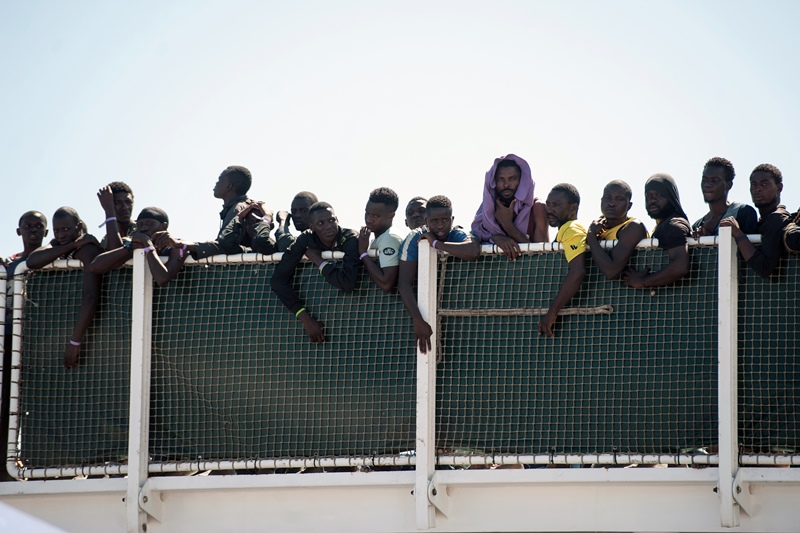Gambiaj.com – (BANJUL, The Gambia) – A new report by the International Organization for Migration (IOM) has revealed that while migration brings vital financial relief through remittances, women left behind in The Gambia often face deepening social and economic struggles, including limited decision-making power, heightened vulnerability to gender-based violence, and isolation.
The report presents findings from a nationwide study assessing the gendered socioeconomic impacts of migration on families staying behind in the Gambia. It showcases how migration reshapes household dynamics, placing heightened economic and caregiving responsibilities on women, unsettling children’s education and emotional well-being, and shifting traditional gender roles.
The study, which assessed the socioeconomic impacts of migration on Gambian families, found that when men migrate, women are thrust into expanded roles as caregivers and income earners but are rarely given a say in household decisions.
Instead, male relatives of migrants often step in to make choices, sometimes against the best interests of the wives and children left behind.
This lack of agency, coupled with cultural expectations that discourage women from seeking outside support, has left many feeling socially isolated and psychologically distressed. The report highlights that over half of women in migrant families experienced high to very high levels of loneliness and emotional strain.
Risks of gender-based violence also increase, particularly when male migrants pass away. In such cases, widows may be pressured to remarry within the husband’s family—a practice that violates women’s rights and exposes both widows and children to neglect, abuse, and even loss of inheritance.
Economically, remittances are a lifeline for many households: nearly 40 percent of families rely heavily or very heavily on them to meet basic needs like food, rent, and healthcare. But the report warns that remittances are not a uniform solution.
While some households see improvements in income, others struggle with instability, inadequate housing maintenance, and limited access to healthcare. About a third of families reported significant difficulty accessing medical services without the support of the migrant.
Children, too, are affected. The absence of a parent often increases their responsibilities at home and, for about one-third of families, disrupts schooling.
The IOM has called for gender-responsive policies to address these vulnerabilities. Suggested interventions include expanding access to mental health support, empowering women economically through training and microfinance, and strengthening legal protections for widows and children.
The report also stresses the need to diversify household income sources and improve healthcare and housing support to reduce dependence on remittances.
“Remittances bring relief, but they are not a cure-all,” the report concludes. “Without targeted support, families staying behind—especially women and children—will continue to bear the hidden costs of migration.”
The findings call for urgent action to strengthen resilience and equity among families affected by migration.











One Response
I know of a mother that is directly impacted by this issue. Her husband left for Montreal, Canada to get a better nursing job. After 2 years in Canada, he is still working at a pizza factory. And hardly sends enough money back home for his wife and two children, one of whom he has never met because she was born after he left. His brother also went with him to Canada and also left behind wife and kids.
They are expected to rely on the husband’s relatives .
Her own family has asked her to come and live with them, but for what I suppose our cultural reasons she will not do it,
Yet is very unhappy with her situation and wants to get a job and work so she can make more money. Which she has the intelligence to do but again, I think it all revolves around the husbands relatives controlling the situation.
I’ve tried talking her into going and staying with her own relatives who have her best interest in mind, but have not been able to get through to her on that. I resigned to the fact that she is just going to have to come to that conclusion herself perhaps when things get dire enough. Thank you for the article on shedding light on this issue.